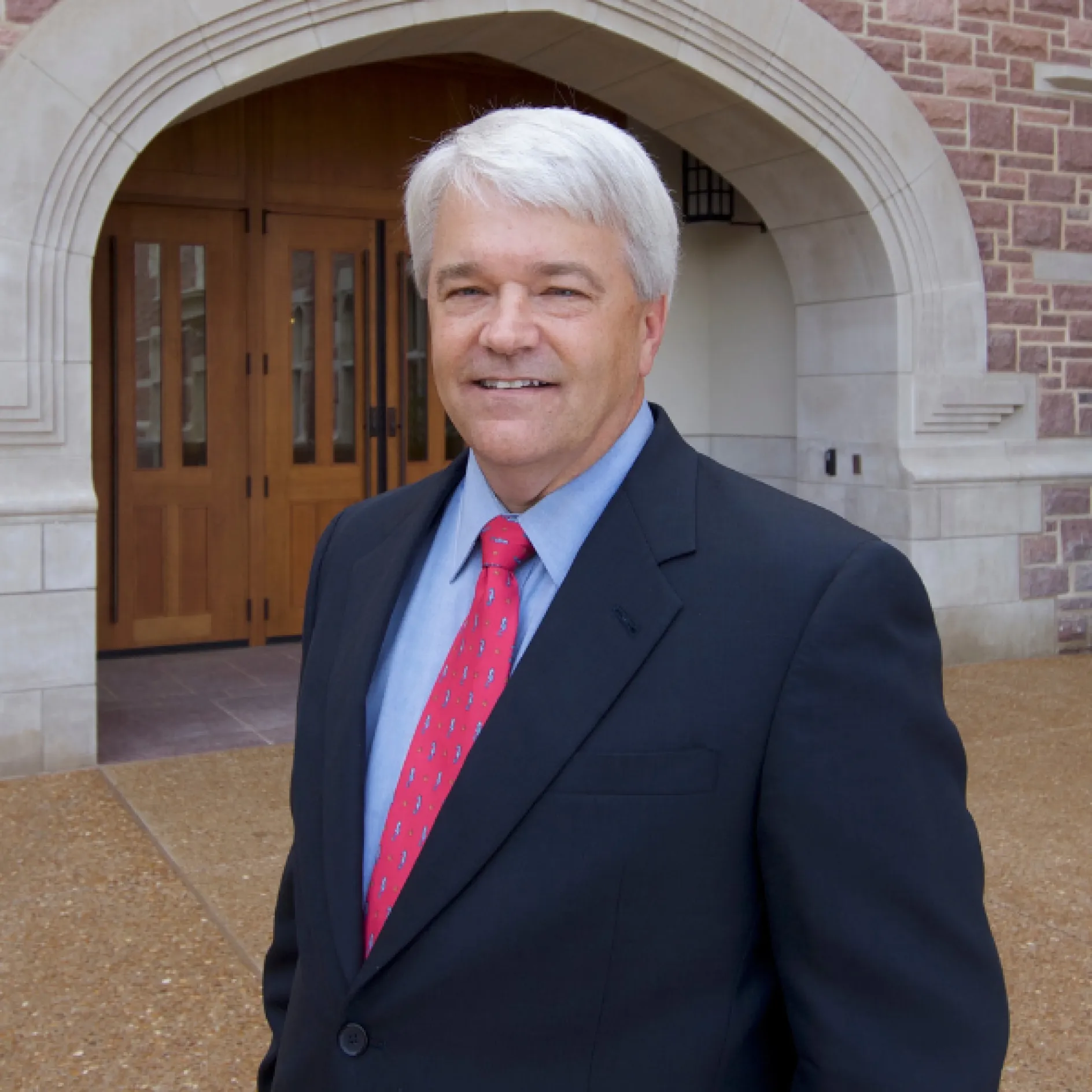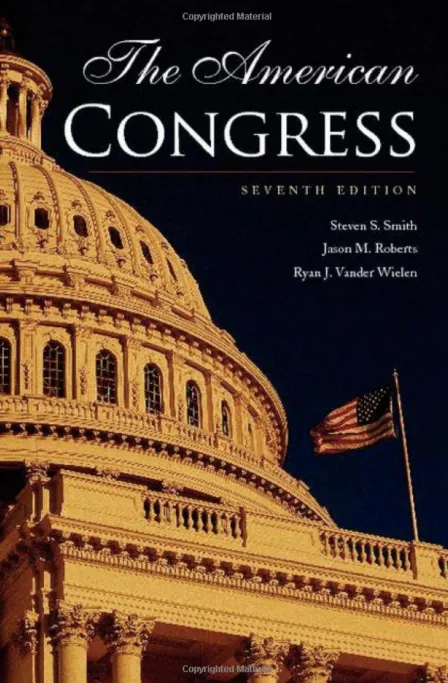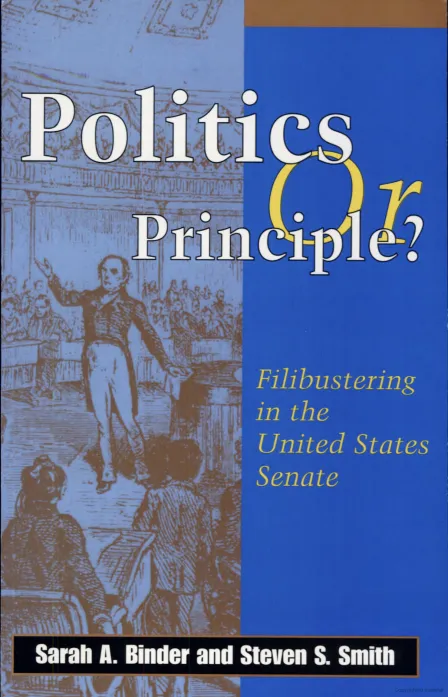Professor Smith has worked on Capitol Hill in several capacities and has served as a senior fellow at the Brooking Institution. He has also authored or co-authored six books on congressional politics and recently a book on the formation of the Russian State Duma.
Smith is working on books on party leadership in the US Senate and the nature of party effects on congressional voting. Smith also directs The American Panel Survey (TAPS), a national political opinion poll that goes out each month to the same group of about 2000 citizens. Professor Smith retired in June 2023.




